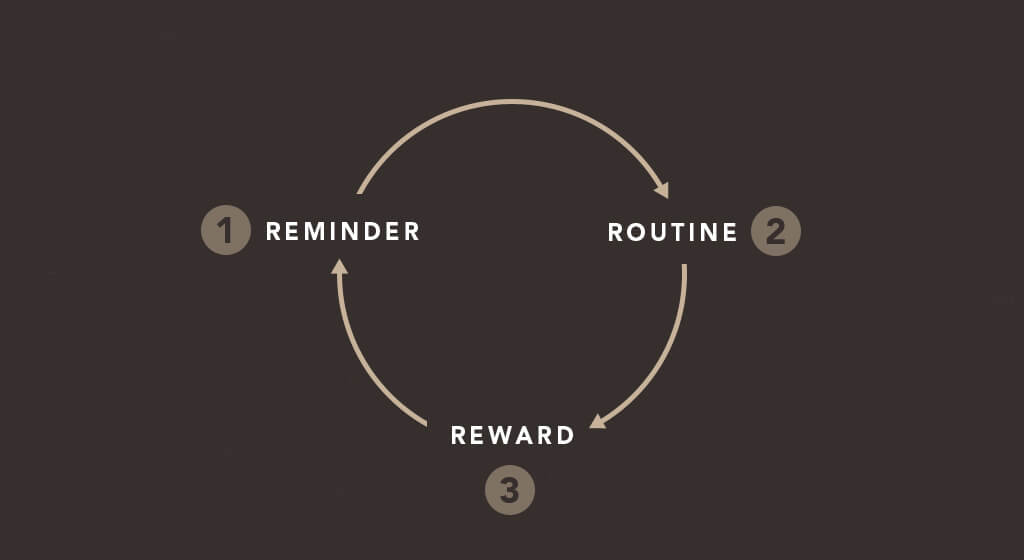
noun
- an acquired behavior pattern regularly followed until it has become almost involuntary: the habit of looking both ways before crossing the street.
- customary practice or use: Daily bathing is an American habit.
- a particular practice, custom, or usage: the habit of shaking hands.
- a dominant or regular disposition or tendency; prevailing character or quality: She has a habit of looking at the bright side of things.
- addiction, especially to narcotics (often preceded by the).
- mental character or disposition: a habit of mind.
- characteristic bodily or physical condition.
- the characteristic form, aspect, mode of growth, etc., of an organism: a twining habit.
- the characteristic crystalline form of a mineral.
- garb of a particular rank, profession, religious order, etc.: a monk’s habit.
- the attire worn by a rider of a saddle horse.
verb (used with object)
- to clothe; array.
verb (used with object)
- Archaic. to dwell in.
verb (used without object)
- Obsolete. to dwell.
noun
- a tendency or disposition to act in a particular way
- established custom, usual practice, etc
- psychol a learned behavioural response that has become associated with a particular situation, esp one frequently repeated
- mental disposition or attitudea good working habit of mind
-
- a practice or substance to which a person is addicteddrink has become a habit with him
- the state of being dependent on something, esp a drug
- botany zoology the method of growth, type of existence, behaviour, or general appearance of a plant or animala climbing habit; a burrowing habit
- the customary apparel of a particular occupation, rank, etc, now esp the costume of a nun or monk
- Also called: riding habit a woman’s riding dress
- crystallog short for crystal habit
verb (tr)
early 13c., “characteristic attire of a religious or clerical order,” from Old French habit, abit (12c.) “clothing, (ecclesiastical) habit; conduct,” from Latin habitus “condition, demeanor, appearance, dress,” originally past participle of habere “to have, to hold, possess,” from PIE root *ghabh- “to seize, take, hold, have, give, receive” (cf. Sanskrit gabhasti- “hand, forearm;” Old Irish gaibim “I take, hold, I have,” gabal “act of taking;” Lithuanian gabana “armful,” gabenti “to remove;” Gothic gabei “riches;” Old English giefan, Old Norse gefa “to give”).
Base sense probably “to hold,” which can be either in offering or in taking. Applied in Latin to both inner and outer states of being, and taken over in both sense by English, though meaning of “dress” is now restricted to monks and nuns. Meaning “customary practice” is early 14c. Drug sense is from 1887.
mid-14c., “to dwell,” from Old French habiter “to dwell, inhabit; have dealings with,” from Latin habitare “to live, dwell,” frequentative of habere “to have, to hold, possess” (see habit (n.)). Meaning “to dress” is from 1580s; “to habituate” from 1610s; “to make a habit of” from 1660s. Related: Habited; habiting.
n.
- A recurrent, often unconscious, pattern of behavior that is acquired through frequent repetition.
- Physical constitution.
- An addiction, especially to a narcotic drug.
- The characteristic shape of a crystal, such as the cubic habit that is characteristic of pyrite.
- The characteristic manner of growth of a plant. For example, grape plants and ivy display a vining habit.
see kick a habit.
 Liberal Dictionary English Dictionary
Liberal Dictionary English Dictionary




